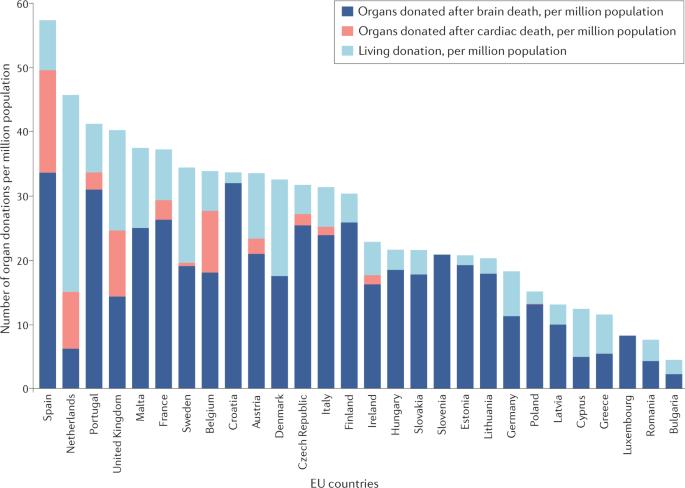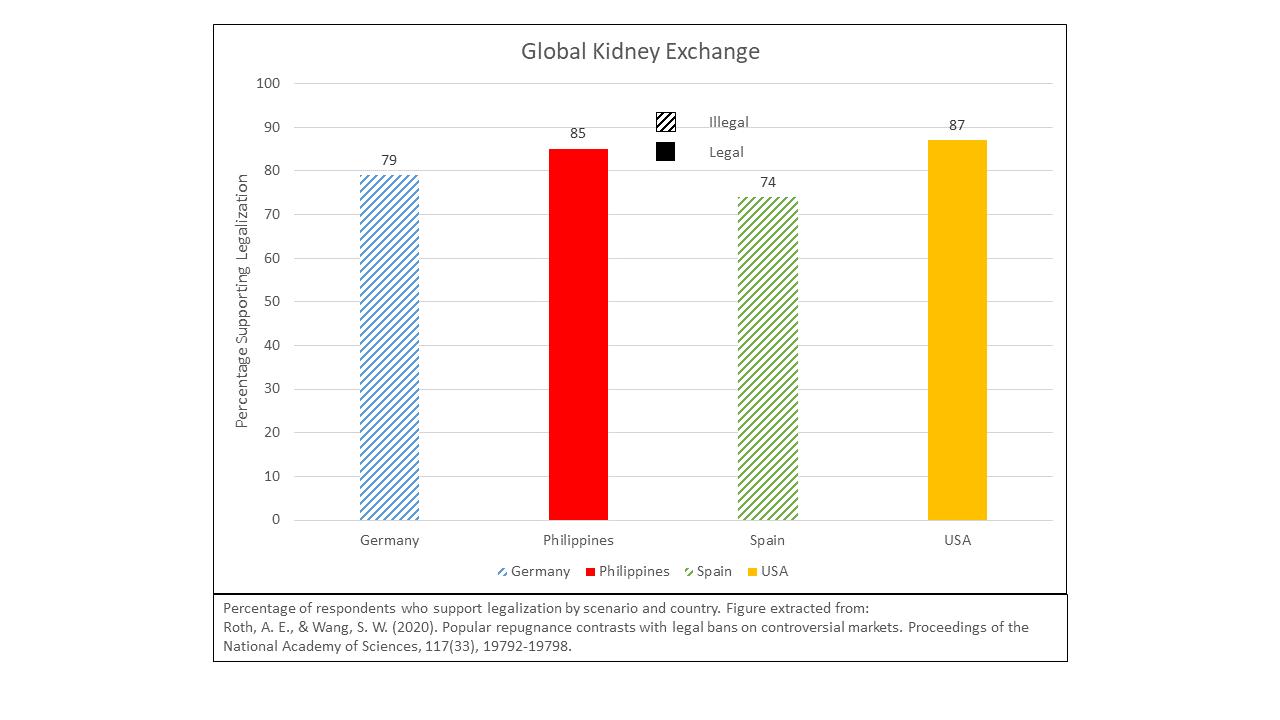The NYT has the story of how a wide ranging search of a large variety of digital data led to an arrest of a suspect (whose trial hasn't yet begun):
“Inside the Hunt for the Idaho Killer,” by Mike Baker, New York Times, June 10, 2023
"“Online shopping, car sales, carrying a cellphone, drives along city streets and amateur genealogy all played roles in an investigation that was solved, in the end, as much through technology as traditional sleuthing.
...
"A week after the killings, records show, investigators were on the lookout for a certain type of vehicle: Nissan Sentras from the model years 2019 to 2023. Quietly, they ran down details on thousands of such vehicles, including the owners’ addresses, license plate numbers and the color of each sedan.
"But further scrutiny of the video footage produced more clarity, and on Nov. 25 the police in Moscow asked law enforcement agencies to look for a different type of car with a similar shape: white Hyundai Elantras from the model years 2011 to 2013.
"Just across the state border, at Washington State University, campus police officers began looking through their records for Elantras registered there.
...
"The hunt broadened as investigators vacuumed up more records and data. They had already sought cellphone data for all phones that pinged cell towers within a half-mile of the victims’ house from 3 a.m. to 5 a.m., according to search warrant filings.
...
"after getting back data on [one of the victim]’s account on the Tinder dating app, detectives asked for details on 19 specific account-holders, including their locations, credit card information and any “private images, pictures or videos” associated with the accounts.
...
"Investigators were also working with a key piece of evidence: a Ka-Bar knife sheath, branded with a U.S. Marine Corps logo, that had been found next to two of the victims. They initially began looking for local stores that may have sold the weapon, and then fanned out.
"A request to Amazon sought the order histories of account holders who had purchased such knives. A follow-up request to eBay focused on a series of specific users, seeking their purchase histories. Some had connections to the area — including one in Idaho and two in Washington State...
...
"Forensic teams had examined the knife sheath and found DNA that did not belong to any of the inhabitants of the house. They ran the sample through the F.B.I.’s database, which contains millions of DNA profiles of past criminal offenders, but according to three people briefed on the case, they did not get a match.
"At that point, investigators decided to try genetic genealogy, a method that until now has been used primarily to solve cold cases, not active murder investigations.
...
"F.B.I. personnel ...{spent] days building out a family tree that began with a distant relative.
"By the morning of Dec. 19, records show, investigators had a name: Bryan Kohberger. He had a white Elantra. He was a student at a university eight miles from the murder scene.
...
"On Dec. 23, investigators sought and received Mr. Kohberger’s cellphone records. The results added more to their suspicions: His phone was moving around in the early morning hours of Nov. 13, but was disconnected from cell networks — perhaps turned off — in the two hours around when the killings occurred.
"Four days later, agents in Pennsylvania managed to retrieve some trash from Mr. Kohberger’s family residence, sending the material to the Idaho State Police forensic lab. Checking it against their original DNA profile, the lab was able to reach a game-changing conclusion: The DNA in the trash belonged to a close relative of whoever had left DNA on the knife sheath.
"Mr. Kohberger was arrested on Dec. 30."





.jpg)






